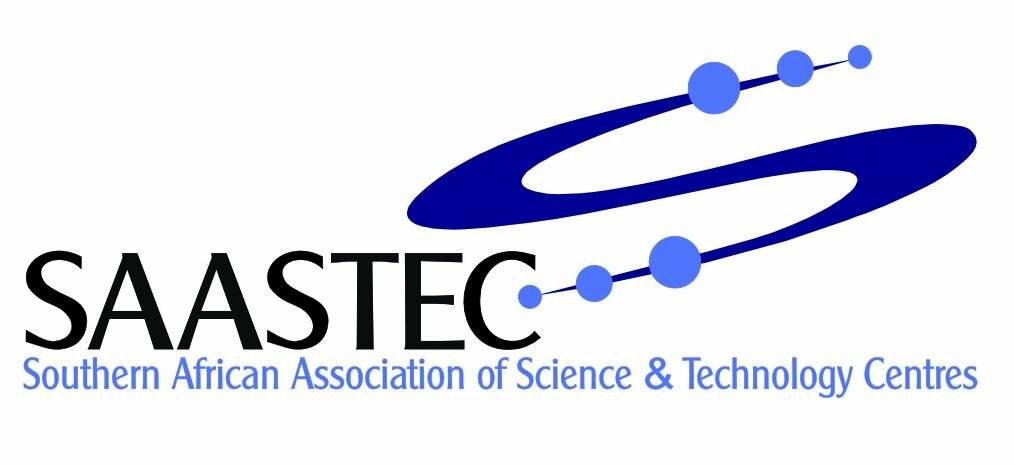by Australia Awards Fellows

Australia Awards are prestigious international scholarships and fellowships funded by the Australian Government. The Australia Awards Fellowships build capacity and strengthen partnerships between Australian organisations and partner organisations in eligible developing countries in support of key development and foreign affairs priorities. Fifteen delegates from eight African countries: South Africa, Namibia, Zimbabwe, Botswana, Mauritius, Malawi, Kenya and Tanzania were selected to participate in the Australia Awards Fellowship Science Centre Capacity-Building Leadership Training sponsored by Australia’s Department of Foreign Affairs and Trade (DFAT). They were selected based on their commitment and track record on the science centre movement in their respective countries by the Australian National University’s (ANU) Centre for Public Awareness of Science (CPAS) under the Science Circus Africa programme.

The six week intensive training programme was hosted by the ANU’s CPAS, Australia’s oldest and most diverse academic science communication centre and the only accredited science communication centre for UNESCO. The training was conducted and coordinated by Prof. Mike Gore (founder of Questacon, Australia), Prof. Sue Stocklmayer (a well-known researcher in Science communication), Dr. Graham Walker (Manager, Science Circus Africa), and supported by Questacon.
They were inspired in many ways, from: designing and running a Science Centre; conceptualizing and building interactive exhibits; developing and presenting educational science shows; how to run teacher training workshops and outreach programmes; techniques for evaluating programmes and exhibits; writing and presenting grant applications and proposals for funding; how to include people with disabilities in centre programmes; how to go about informal learning in general and developing programmes with a special focus on girls and women.

They had work sessions at science centres in various locations in Australia such as the Powerhouse Museum in Sydney, Bendigo Discovery Centre in Bendigo, and the Early Start Discovery Centre and Science Centre and Planetarium in Wollongong. They also visited the CSIRO Discovery Centre at ANU and the Canberra Space Centre located on the grounds of the Canberra Deep Space Communication Complex. This provided them with exposure to the operation of science and discovery centres working under different organisational structures. It also helped to establish networks with the international science centre and science communication community for further collaboration and engagement.
The fifteen fellows (15 drops as they came to be known) each built interactive exhibits which were on display for nearby schools at the Botswana High Commission offices to the amazement of DFAT! They also presented short science show snippets to the DFAT staff with some of the exhibits on display at the DFAT chambers. The awardees also produced splendid science show presentations at CPAS in the presence and under the critical eye of the trainers.
Each delegate had to develop an action plan on how they will implement their learnings back at their home centres and countries. The group completed the programme with great aspirations and determination to set up science centres in their respective countries and/or to implement new programmes and/or improve on existing activities. The training ended with the fellows being awarded certificates of completion of the Science centre capacity-building training. Since their return, there’s already work being implemented by fellows at their respective science centres and countries like building exhibits, evaluating programs, running new programmes and a lot more. They were all inspired to inspire people back home!

